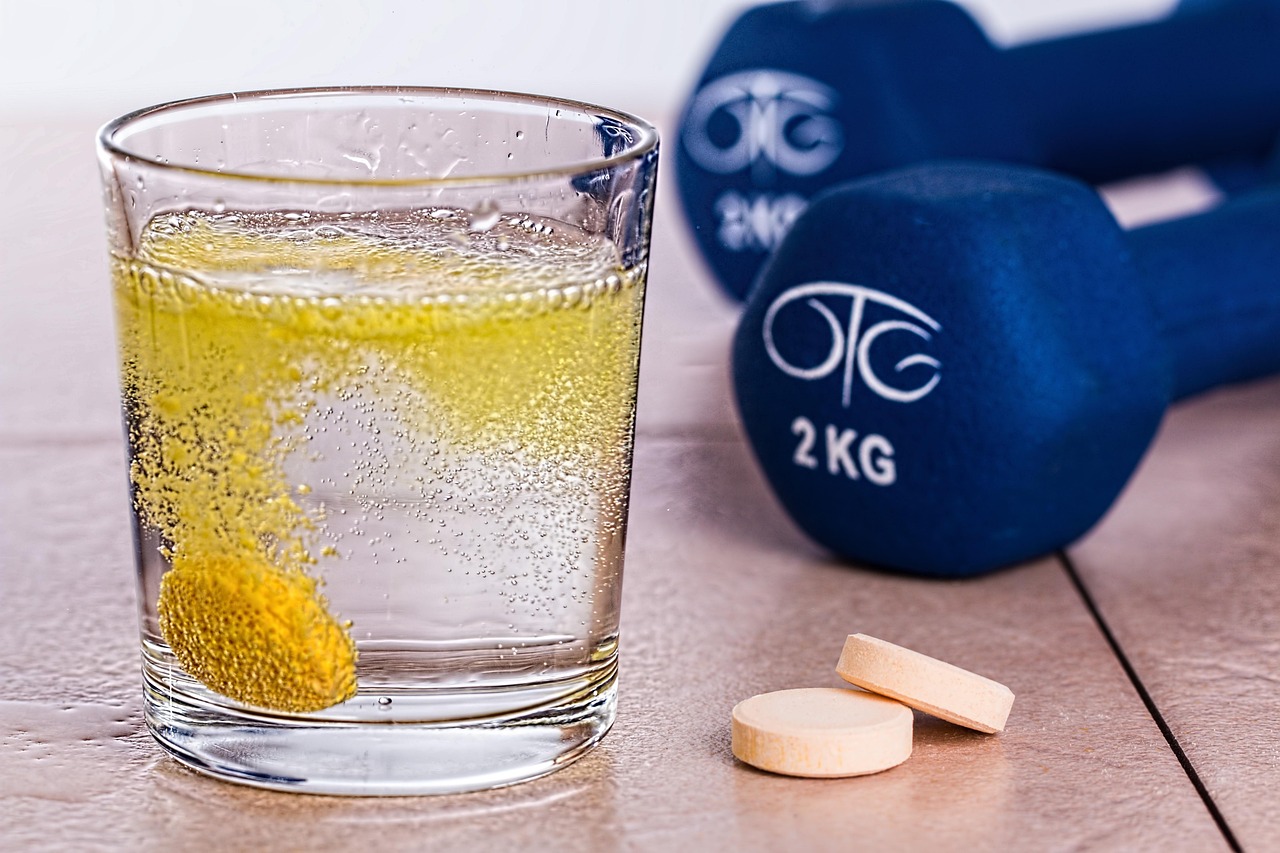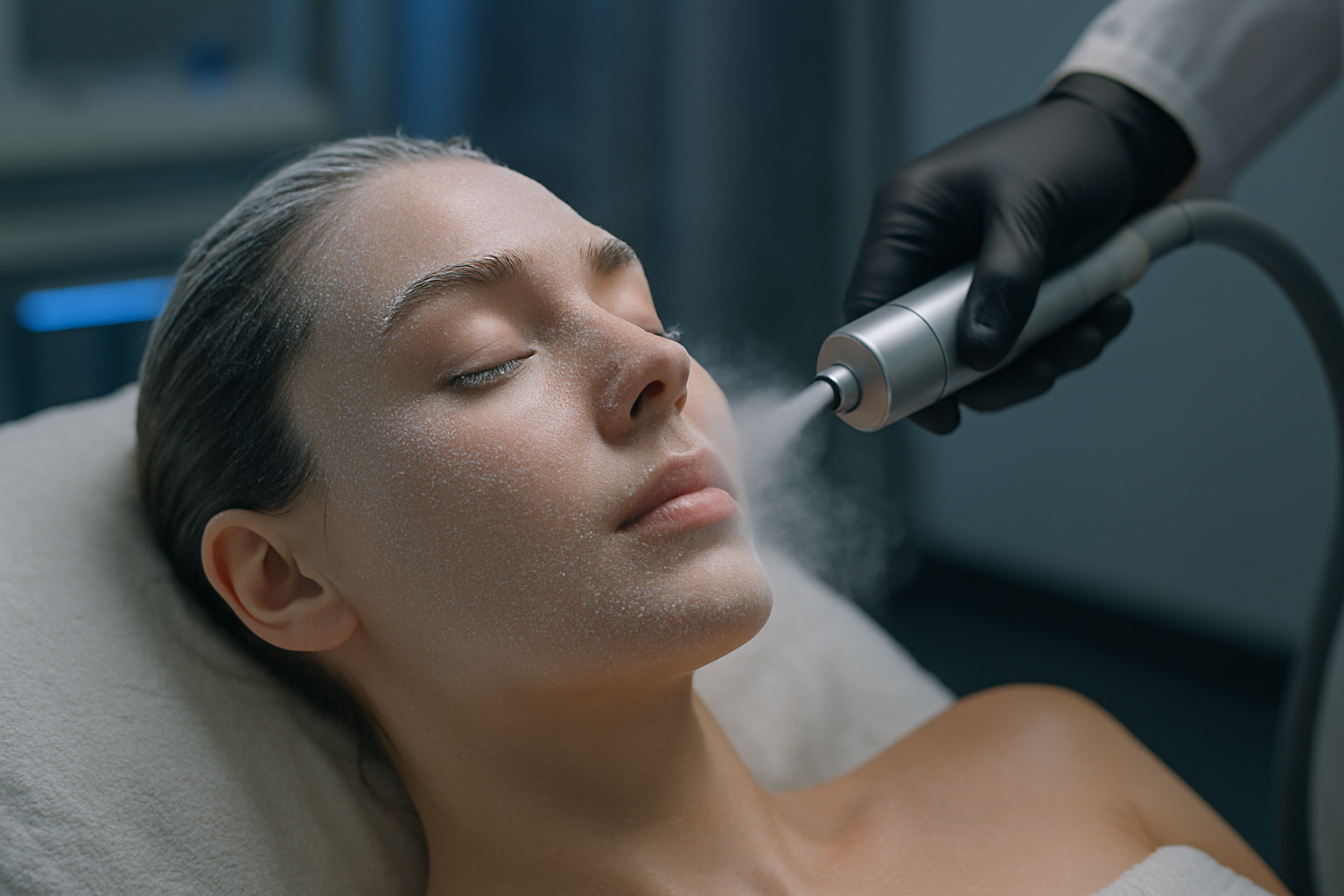Understanding Rehydration Drinks and Daily Water Needs
Daily water intake depends on body weight, activity, and environment. A common guideline suggests about two liters a day, but needs vary. Staying hydrated aids metabolism, joint function, and skin health, while excessive intake should be avoided. Read to learn more about water intake.

Hydration plays a fundamental role in nearly every bodily function, from regulating temperature to supporting digestion and cognitive performance. Many people struggle to maintain adequate fluid levels throughout the day, leading to fatigue, headaches, and decreased physical performance. Rehydration drinks offer a targeted approach to restoring fluid balance, particularly when the body has lost significant amounts of water and electrolytes through sweating, illness, or intense exercise.
These specialized beverages contain a carefully balanced mix of water, electrolytes like sodium and potassium, and often carbohydrates to support rapid absorption and energy replenishment. Unlike plain water, rehydration drinks are formulated to replace not just fluids but also the essential minerals lost during dehydration. This makes them particularly valuable in situations where the body needs more than simple hydration.
How Much Water You Should Drink Daily
The question of daily water requirements varies significantly based on individual factors including age, weight, activity level, climate, and overall health status. While the commonly cited recommendation of eight glasses per day provides a general guideline, research suggests that actual needs can range considerably. The National Academies of Sciences, Engineering, and Medicine recommends approximately 15.5 cups of fluids daily for men and 11.5 cups for women from all beverages and foods combined.
Your body provides clear signals when hydration levels drop. Thirst represents the most obvious indicator, but other signs include dark yellow urine, dry mouth, fatigue, and dizziness. Physical activity increases fluid requirements substantially, with athletes potentially needing several additional liters depending on exercise intensity and duration. Hot weather and high altitude environments also elevate water needs as the body works harder to maintain proper temperature regulation.
Certain health conditions and life stages affect hydration requirements as well. Pregnant and breastfeeding women need additional fluids to support their changing physiological demands. Individuals with kidney stones, urinary tract infections, or bladder conditions may benefit from increased water intake. Conversely, some medical conditions require fluid restriction, making it essential to consult healthcare providers for personalized guidance.
Understanding Daily Water Intake Patterns
Maintaining consistent water intake throughout the day proves more effective than consuming large amounts at once. The body can only absorb a certain volume of fluid at a time, with excess being eliminated through urination. Spreading consumption across waking hours ensures steady hydration levels and supports continuous bodily functions.
Morning hydration sets a positive tone for the day, as the body naturally becomes somewhat dehydrated during sleep. Starting with a glass of water upon waking helps jumpstart metabolism and cognitive function. Drinking water before meals can support digestion and may help with portion control, while consuming fluids during meals aids in breaking down food for nutrient absorption.
Monitoring your intake becomes easier with practical strategies. Carrying a reusable water bottle provides constant access and visual reminders to drink regularly. Setting hourly reminders on your phone or computer can establish consistent habits. Tracking apps allow you to log consumption and identify patterns in your hydration behavior. Many people find that establishing routine drinking times around daily activities helps maintain adequate intake without conscious effort.
When Rehydration Drinks Make Sense
While water suffices for most daily hydration needs, specific circumstances warrant the use of rehydration drinks. Intense physical activity lasting longer than an hour typically depletes both fluids and electrolytes to levels that benefit from specialized replenishment. Endurance athletes, outdoor workers, and individuals exercising in hot conditions often experience significant sodium and potassium losses through sweat.
Illness-related dehydration presents another appropriate use case. Vomiting, diarrhea, and fever can rapidly deplete fluid and electrolyte stores, making rehydration drinks valuable for recovery. Medical professionals often recommend oral rehydration solutions for managing mild to moderate dehydration from gastrointestinal illness. These formulations contain precise ratios of electrolytes and glucose designed to maximize absorption in the digestive tract.
Hangover recovery represents a common but less medically necessary application. Alcohol consumption leads to dehydration through increased urination and can disrupt electrolyte balance. While rehydration drinks may help alleviate some hangover symptoms by restoring fluids and minerals, they cannot reverse all effects of alcohol consumption. Prevention through moderate drinking and concurrent water intake remains the most effective strategy.
Comparing Water Intake Methods
Different hydration sources offer varying benefits and considerations. Plain water provides zero-calorie hydration without added sugars or artificial ingredients, making it the healthiest choice for routine fluid intake. It effectively maintains hydration for most people under normal circumstances and costs virtually nothing when consumed from tap sources.
Rehydration drinks contain electrolytes and often carbohydrates, which can enhance fluid absorption and provide energy during or after intense activity. However, many commercial sports drinks include significant amounts of sugar and calories that may not align with everyone’s nutritional goals. Reading labels helps identify products with appropriate electrolyte content without excessive sweeteners or additives.
Natural alternatives like coconut water provide electrolytes with less processing than manufactured drinks. Fruits and vegetables with high water content contribute to daily fluid intake while delivering vitamins, minerals, and fiber. Herbal teas offer hydration with variety in flavor, though caffeinated beverages have mild diuretic effects that slightly increase fluid loss.
Practical Hydration Strategies
Developing sustainable hydration habits requires understanding your individual needs and creating systems that support consistent intake. Calculating your baseline requirements based on body weight provides a starting point, with adjustments for activity level and environmental conditions. Many experts suggest consuming half your body weight in ounces as a general guideline, though this varies by individual circumstances.
Recognizing personal hydration cues helps you respond appropriately to your body’s signals. Learning to distinguish between true thirst and habitual eating can prevent unnecessary calorie consumption. Paying attention to urine color offers a simple assessment tool, with pale yellow indicating adequate hydration and darker shades suggesting increased fluid needs.
Environmental awareness allows you to anticipate situations requiring extra attention to hydration. Air travel, high altitude locations, and heated indoor environments all increase fluid requirements. Planning ahead by carrying water and scheduling regular drinking intervals helps maintain proper hydration even in challenging conditions.
Making Informed Beverage Choices
Selecting appropriate hydration options depends on your specific circumstances and goals. For everyday hydration, plain water remains the optimal choice for most people. It provides necessary fluids without calories, sugar, or additives that may interfere with health objectives. Enhancing water with fresh fruit, cucumber, or herbs adds flavor variety without significant nutritional drawbacks.
When circumstances justify rehydration drinks, choosing products with appropriate formulations matters. Look for options with moderate sodium content, adequate potassium, and minimal added sugars. Some situations benefit from higher carbohydrate content for energy replenishment, while others require only electrolyte replacement. Understanding ingredient lists helps you select products aligned with your needs.
Homemade rehydration solutions offer control over ingredients and cost savings. Simple recipes combining water, salt, and natural sweeteners can provide effective hydration support. However, commercial products formulated for medical rehydration purposes undergo testing to ensure proper electrolyte ratios and absorption characteristics that may be difficult to replicate at home.
Maintaining proper hydration supports overall health, physical performance, and cognitive function. While plain water meets most daily needs, rehydration drinks serve valuable purposes in specific circumstances involving significant fluid and electrolyte losses. Understanding your individual requirements and recognizing situations that warrant different hydration strategies empowers you to make informed choices that support your wellbeing.
This article is for informational purposes only and should not be considered medical advice. Please consult a qualified healthcare professional for personalized guidance and treatment.




